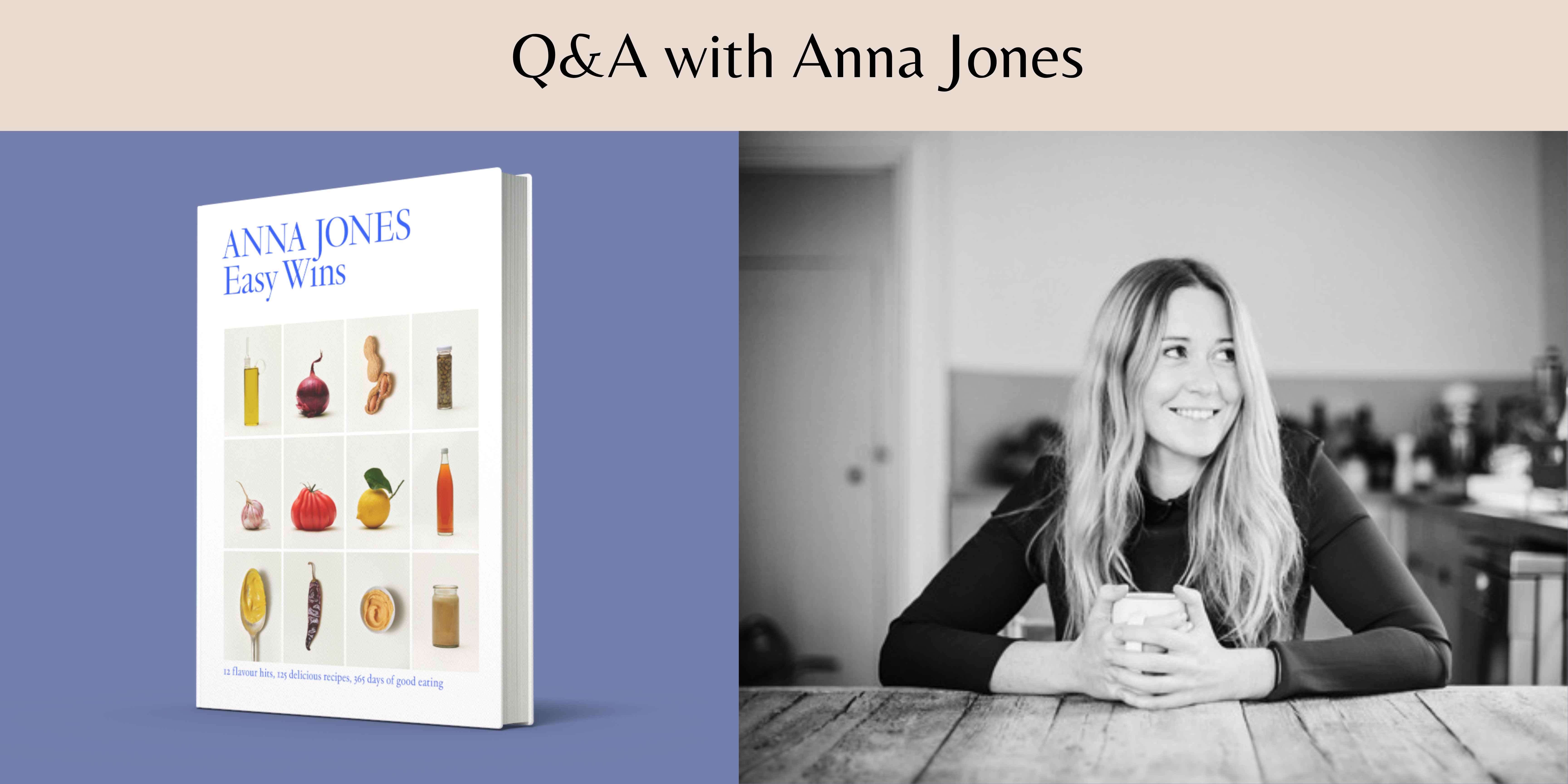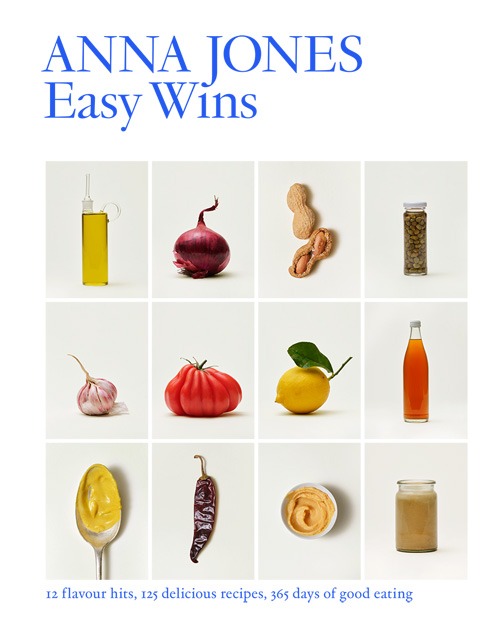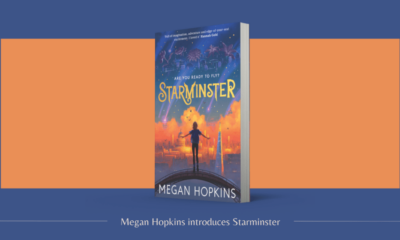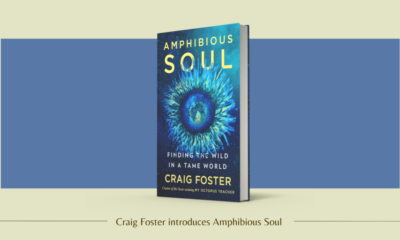Easy Wins is your first book for three years. How did it come about and what is an Easy Win for you?
To me an Easy Win in the kitchen means a meal that is so delicious you end the day on a high, patting yourself on the back, because you made something so good. It is simple ingredients shown a little love and attention that come together to make more than the sum of their parts. A moment of kitchen alchemy that reassures me. Recipes that are reliable sources of joy in a world that is ever-changing.
I also think of ingredients that are Easy Wins, and the twelve I have based this book around are ingredients that exceed expectations. They sit quietly in your cupboard or fridge, asking nothing, staying fresh for weeks or months, but when called on add a serious hit of flavour for very little effort.
I want this latest book to become full of recipes that are reliable friends and that bring a smile to your face. Dinners that come together so quickly and easily that you no longer need to look at the book. Daily moments of triumph. Easy Wins.
In the book you mention your golden rules for Easy Wins. Could you explain a bit more?
My golden rules are the principles I live by in the kitchen. The things which are important to me when I am shopping for food – like making sustainable choices and making sure I don’t waste food. As well as principles that guide my cooking from something as simple as reading the recipe well before you start to cook, or tasting as you go along. And, of course, there is some encouragement to put plants at the centre of your plate.
“To me an Easy Win in the kitchen means a meal that is so delicious you end the day on a high, patting yourself on the back, because you made something so good.”
Anna Jones
These are the golden rules that keep us eating well, cooking without waste and making tasty food with relative ease. These are the things I have picked up over 20 years of cooking for a living and I want to pass them on to you for an easier, happier time in the kitchen
How has having a baby and a young son changed the way you cook and eat at home?
Having kids has completely changed how I cook. After I had my son Dylan in 2018, I had post-natal depression and felt wholly unlike myself. For those months I felt mostly panicked about cooking, not knowing what to choose and not being able to find the time to shop for that night’s dinner. It shifted how I think about cooking; it was something that had always come quite easily to me, but for a time it was a stress, another thing on my very full plate that I began to resent. Luckily those days have passed and my love of cooking has returned, but it shifted my perspective permanently to make my recipes as easy as they could be, from the shopping to the table. This book was written during a summer heatwave, very pregnant with my second son Esca and in the months when he was a baby. In those days before and after, my focus was sharply pulled, using the time I had in the most efficient way. Often, I was not sure when my next window to write or cook might be. The recipes in this book are a reflection of that time and of my life.
What are a few of your tips in the book for planet friendly eating?
Eat mostly plants – If we want to help slow, and begin to reverse, climate change, it is widely agreed that the most powerful thing we can do is eat fewer animals and more plants. That might mean one meal a day without meat (though I would encourage much more if you can); for others it might mean fine-tuning your vegan diet. Try to make sure that as many of
the food decisions you make as possible line up with how you want the world to look.
Waste less – After putting vegetables at the centre of your diet, reducing your waste is the next most impactful thing you can do. It’s an Easy Win; it costs nothing. Think about how you shop so as not to overbuy food. Store it carefully and do a quick, regular mental inventory of what needs to be used before shopping. Use best-before dates only as a guide – your instinct will tell you if it is good to eat. Be flexible – don’t be afraid to swap and change recipes to use up what you have.
Eat a diverse plate – The world’s capacity to produce food is being undermined by our failure to protect plant diversity. You can help by varying what you eat, the fruit, the veg, the pulses, the grains and dried goods. If we eat a wide range of different foods, not only is it more nutritious, we also support farmers in growing lots of different crops and encouraging biodiversity. We currently rely on a handful of crops, many of which are being drastically over-farmed and are decimating the soil. Support sustainable farming and eat as much variety as you can fit into your diet. Additionally, this can help with supporting your gut microbiome – it’s suggested that 30 plants a week is a good aim to keep your gut healthy.
Protect soil – Soil is essential, home to 98% of life on Earth, and we need it to sustain us. But our soils are degrading at an alarming rate and we have taken them for granted. Now one-third of the world’s arable soils are degraded. The situation is urgent, as it takes a thousand years for one centimetre of topsoil to form. It is generally accepted that if nothing is done, we only have sixty harvests left. If we do not radically change how we grow and produce food now, our children will not be able to feed themselves. You can help by switching your shopping habits. If you have the means and access, choose to buy produce from growers practising conservation or regenerative farming. If that is a bridge too far, consider buying organic – your money will be supporting farmers and farming methods that put soil health at the core of their business. It is my sincere hope that these farming practices will become more widespread in the coming years and more accessible and affordable to all.
What are a couple of your favourite supper recipes in Easy Wins that we can start with?
First up would be Pasta al limon from the lemon chapter. Pasta, lemon and Parmesan come together in alchemy to create something worthy of any table. The one pan method (where you cook the pasta and sauce in one pan) was made for Pasta al limone. The starchy water it creates is exactly what is needed to thicken the lemony sauce and coat the pasta. It’s already been made here about 50 times.
“We spend less time in the kitchen but we expect much more flavour from our food. A recipe must be fast but clear, easy but layered with taste.”
Anna Jones
The second would be the Frizzled spring onion dip. It was born out of my husband John’s obsession with pizza night dips. This one is a take on the traditionally Chinese spring onion oil, but with a hit of chilli and turmeric, and sits on top of a thick lime yoghurt. It’s good as a dip, a dressing or just spooned on the side of almost anything. I make a batch every week and serve it with roasted veg and flatbreads for dinner.
The Black bean nasi goreng is also one we have been cooking on repeat. We always have leftover rice and tinned black beans in the house. It is a wholly untraditional take but a very good one. The key here is the depth the tomato purée (and a little miso), fried off until it’s browned and sweet, brings to the rice as well as the addition of black beans, which give a deep umami hum. It’s topped with a spring onion-fried egg and some quick pickled cucumber. A perfect dinner in our house.
You say in the book you have seen the way we cook and eat at home change almost completely in the past twenty years. Could you tell us more?
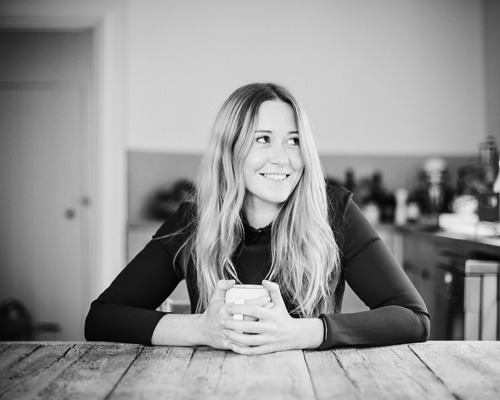
We spend less time in the kitchen but we expect much more flavour from our food. A recipe must be fast but clear, easy but layered with taste. We are all on a quest for flavour, especially in vegetable-led cooking. There has been nothing short of a revolution when it comes to putting plants at the centre of our plates. We are all eating more vegetables and that thrills me. Now I want to help you find a new roster of classic, repeatable recipes that become favourites – to help you make the most of every meal you cook.
How did you land on the twelve ingredients or favourite flavour hits?
I try to stick to a palate of ingredients that are easily available and for the most part affordable. Most of my recipes rely on a few favourite flavour-packed ingredients; a capsule pantry of items that are always in fashion. After much note taking, recipe reading and talking to both home and for-a-living cooks, I landed on the twelve I use on the most: lemons, olive oil, vinegar, mustard, tinned tomatoes, capers, chilli, tahini, garlic, onions, miso and peanut butter. And that’s what my book Easy Wins hones in on.
These are the ingredients I use most often in my kitchen to make food taste great, and I know they will be the favourite ingredients in your kitchen too. They seem to be favourites for almost everyone I talk to – loved ingredients that are already in our kitchens. They all last a long time, are relatively affordable and easily available. Each one adds an element of flavour that I love and crave.
There is a full chapter on each ingredient and a generous number of recipes to delve into. If you buy an ingredient there will be many ways to use it. There is nothing more annoying than a recipe book that asks you to buy sumac or yuzu, for instance, to only use it once.
What do you love to do when you are not cooking?
With two small children and a happily busy work life I don’t have much spare time. If I do find myself with a little window of time, I like to do yoga or Pilates. I love to take long walks in Hackney Marshes near where I live. I love the sea too and try to get to the coast for a swim as often as I can (which, at the moment, is all too rare). I love shopping for pottery and stationery.
What are your new tricks in Easy Wins for saving food, time, energy and money?
Recipes with an outrageous amount of flavour for the work it takes to put them together. Leaning on ingredients that add an immediate and upfront hit of flavour. All the recipes are, as usual, choreographed and carefully thought out so that they take the least time possible. Each window of time where something might be boiling or roasting is used to do another small task, such as making a topping or cooking something to serve it with, so your cooking window is compact but calm, clear and ordered, wasting no time.
About the book:
Anna Jones gives her golden rules for easy wins in the kitchen with super-simple recipes that are bursting with flavour and kind to the planet.
Anna takes 12 hero ingredients that are guaranteed to make your food taste great, with chapters on lemons, olive oil, mustard, tahini and more. She gives 125 all-new dishes that you will want to cook on repeat, like Double Lemon Pilaf with Buttery Almonds, Traybake Lemon Dhal, Miso Rarebit, and Cherry and Chocolate Peanut Butter Sundae. And there’s practical advice on how to season and flavour, plus plenty of ideas for invaluable vegetarian swaps.
EASY WINS will become your go-to for the most flavourful dishes that come together quickly and promise daily moments of triumph.
14 Mar 2024, HB, £28.00, 9780008526658
